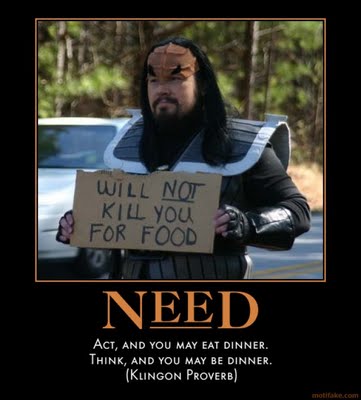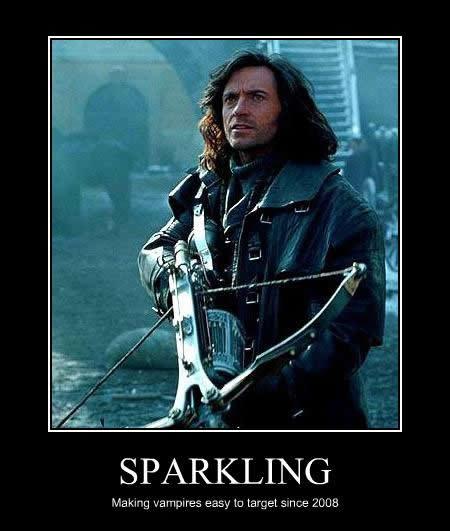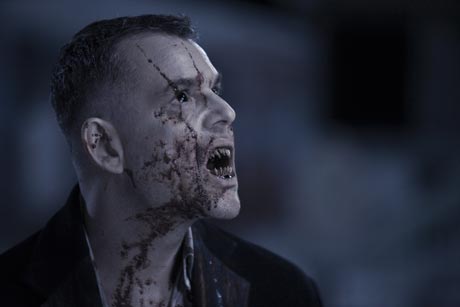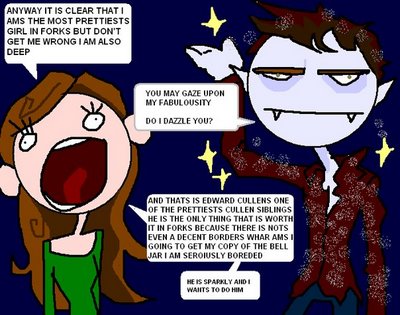Up until a few weeks ago, I was an administrative office worker and receptionist for 50+ hours a week in a high-intensity small business involving automotive repair. For five years.
In a lot of ways, the office was great. I had a ton of cool houseplants, I got to play with two office cats all day, people brought puppies and cakes in all the time, and the work was generally undemanding except for having to navigate logistics and customer service issues that were largely outside my control.
This is something I found difficult to swallow as someone on the spectrum/the patron saint of control freaks.
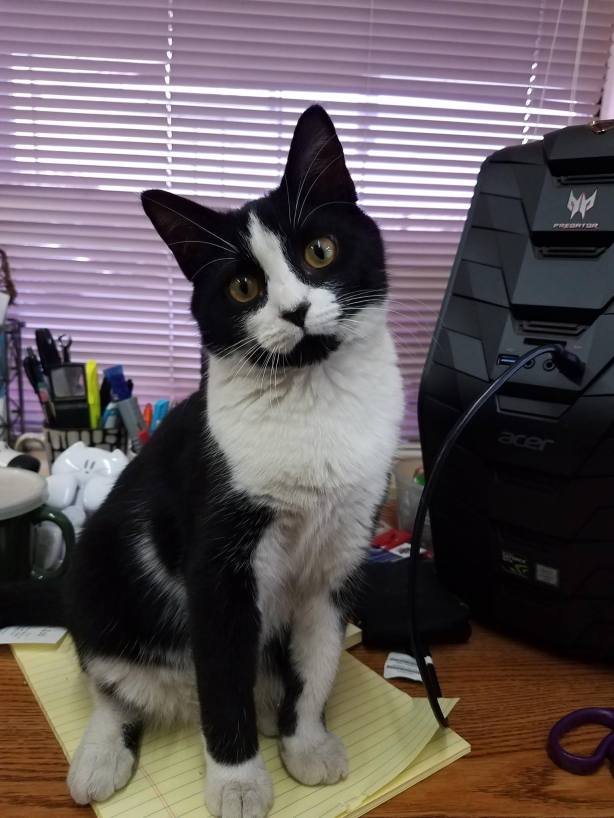
I loved my coworkers and my employer (obviously, or I wouldn’t have spent five years in one position) but after years of coasting on my wits and struggling with constant social exhaustion–front desk work is difficult for an introvert, especially one with autism who has to analyze social interactions constantly to do well–I started to feel, well… unfulfilled.
I wasn’t using my multiple college degrees, I was always too tired and grumpy after work to pursue personal projects, and instead of using my time during the day effectively, I found I was spending a lot of time sitting around waiting on other people to get things done. In a lot of ways I found myself reminded of group projects in school, and I hated group projects in school. I loved my coworkers, but I didn’t want to dread going to work in the morning. Every day felt like a zero day.
Because at the end of the day, I’m not a team player. Flat-out. It’s just not one of my strengths. I like supporting a team (in sports growing up I was always a super-specialized position, like closing pitcher, or designated server) and sometimes I even like managing a team (hence my position as a lead technical editor for several years) but at the end of the day, I value self-reliance and control over my own work performance.
There’s a reason the words “office maverick” ended up on my performance reviews frequently when I worked a corporate job. But in that case, “maverick” wasn’t a dirty word–it was a compliment. I not only completed my own work well, I was in a position where I could seek out auxiliary projects–like logistics analysis for the publication department–and bring them to fruition all on my own. I freaking loved that. It was my element.

How I saw myself as a corporate editor.
In that job my ability to self-direct and steer my own projects to completion was an asset; in my current position, it was not an option.
So the last couple of months I started to think about doing something about it. For someone with autism, change is scary. One of the main aspects of the disorder is an extreme over-dependence on routine, and my job had been the crux that my entire routine from daylight to dark had revolved around for a long time.
Finally I made the leap. I put in my notice and decided to go back to being a full-time freelancer while I pursued my Master’s degree in English Literature, something I was swiftly becoming too old to do at 34 (at least in my mind). I knew freelancing full-time was something I could be successful at, because I was a prolific freelancer from high school all the way through college, and I also did it on the side while I was working as a corporate technical editor.
So far the lifestyle change has been a MASSIVE breath of fresh air. I’m no longer tied to a single location for ten hours a day, I don’t have to answer for the work performance of others, and I have total control over my daily schedule. I still get up at the crack of dawn, I still go to an office…but it’s all mine. I get up to hustle for myself, not for someone else.
The control freak in me loves that. I’m not going to lie, there are a lot of checklists involved.
But you know what? It’s been worth the terrifying leap, because I met with professional success right out of the gate. It feels great. Aside from the immediate benefits of getting to hang out with my cats all day and blast whatever music I like and actually have time to eat a decent breakfast/go to the gym, for the first time in years I feel in control of my own work performance and my output.
I am actually working more than I was before (seven days a week, and during a larger portion of the day that I’d be normally sitting around waiting for a phone to ring or a customer to walk in) but because I’m doing things that I love and will directly benefit me, it feels more like Saturday seven days a week. It feels like fun, not work. And that’s a very cool feeling.
I’ve always been a hustler at heart. I love deadlines, I love assignments, I love that feeling of mission accomplished when I get a project in. Now I’m doing what I love, and considering freelancers are predicted to make up 50% of the American workforce by 2020, there’s never been a better time to be a mercenary.

